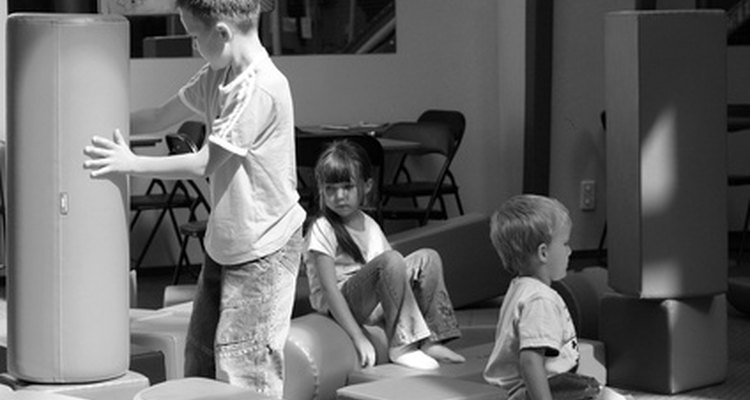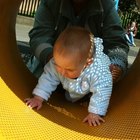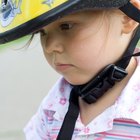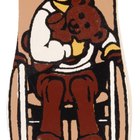
Indiana has several rules and laws pertaining to the licensing of child care centers and homes. These laws and rules are enforced for the safety of day care staff and children. Prior to starting a child day care, know the laws and rules to allow you to make informed decisions and create a healthy business.
Licensing
A child care home is exempt from licensing only if one or more of the following criteria is met: The provider does not receive regular pay for their services; the provider is only caring for children they are related to or are guardians of; the provider cares for less than six children, not including relatives, or provides care for migrant children.
Centers and homes must satisfy an extensive list of criteria in order to receive a license. Requirements include submitting an application, planning two weeks of menus that meet food regulations and providing a written health program. The day care building must also pass inspection.
Director and Staff Criteria for Licensed Day Cares
In order to become licensed, day care directors must pass a thorough criminal background check. The list of offenses that result in denial of licensing includes torture or cruelty toward any person or animal, criminal sexual acts, child abuse or neglect and drug charges. For child care homes, drug test results must be provided for all staff and persons over the age of 18 who reside in the home. The director and staff must also possess basic first aid training, and at all times at least one staff member on duty must be trained in CPR.
Posted Items
Licensed centers or homes must post several pieces of information in an area accessible to all parents. Posted items include staff-to-child ratios, weekly menus, the facility's license, emergency and fire evacuation routes in each room and a list of emergency numbers.
Staff-to-Child Ratios
Staff-to-child ratios are strictly enforced in Indiana for the safety of both the care giver and the children. The ratio varies greatly between age groups for a child care center. For example, for infants, a ratio of four children per caregiver is required, while for children over 5, a ratio of one adult per every 15 children is acceptable.
In a child care home, no more than 15 children under the age of 11 are allowed in the home at one time. This includes children related to the caregiver.
Related Articles

Preschool Teacher Requirements in ...

What Is the Difference Between Licensed ...

How to Become a Foster Parent in ...

State of Ohio Home Based Child Care ...

Health & Safety Policy for Child Care ...

How to Obtain a Child Care License in ...

Qualifications to Enter a State-Run ...

How to Open a Daycare Center in ...

How Much Are Monthly Disability ...

Federal Government Grants for Child Day ...

How to Start an Adult Day Care Center ...

How to Apply for Welfare Benefits in ...

How to Get Rental Assistance for Seniors

How to Verify a Daycare License Number

How to Write a Visitation Petition

How to Sign Up for CCMS in Texas

Laws About Leaving a Child Home Alone ...

Day Care Safety & Hazard Checklist

How to Get Paid to Care for Someone on ...

What Is a Caregiver's Authorization ...
References
Writer Bio
With a professional background in gardening, landscapes, pests and natural ecosystems, Jasey Kelly has been sharing her knowledge through writing since 2009 and has served as an expert writer in these fields. Kelly's background also includes childcare, and animal rescue and care.
Photo Credits
playing children image by Marzanna Syncerz from Fotolia.com